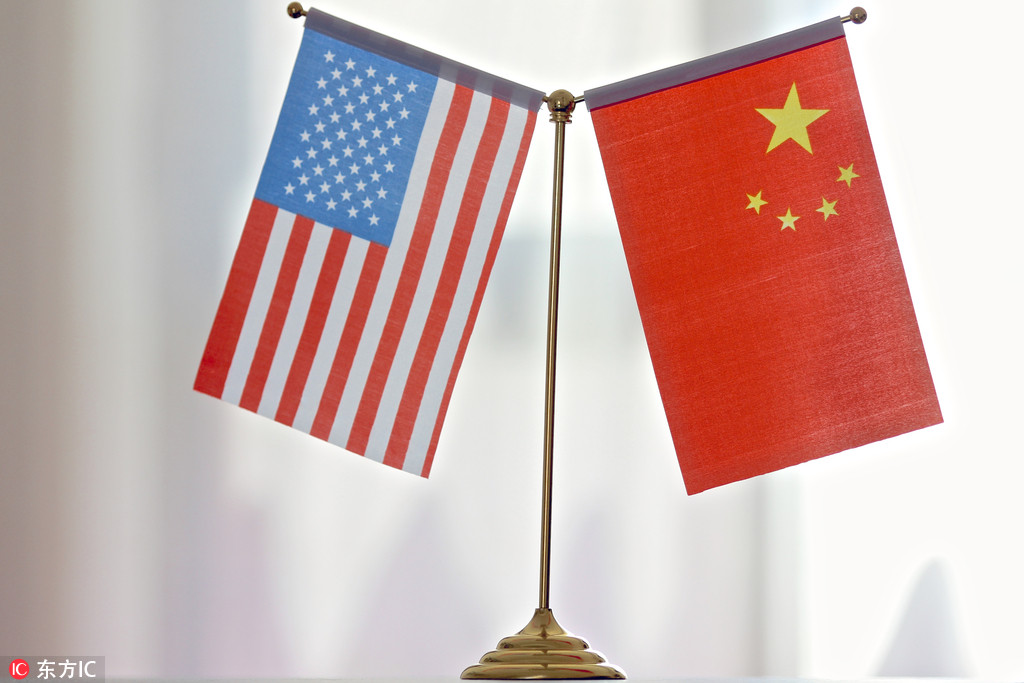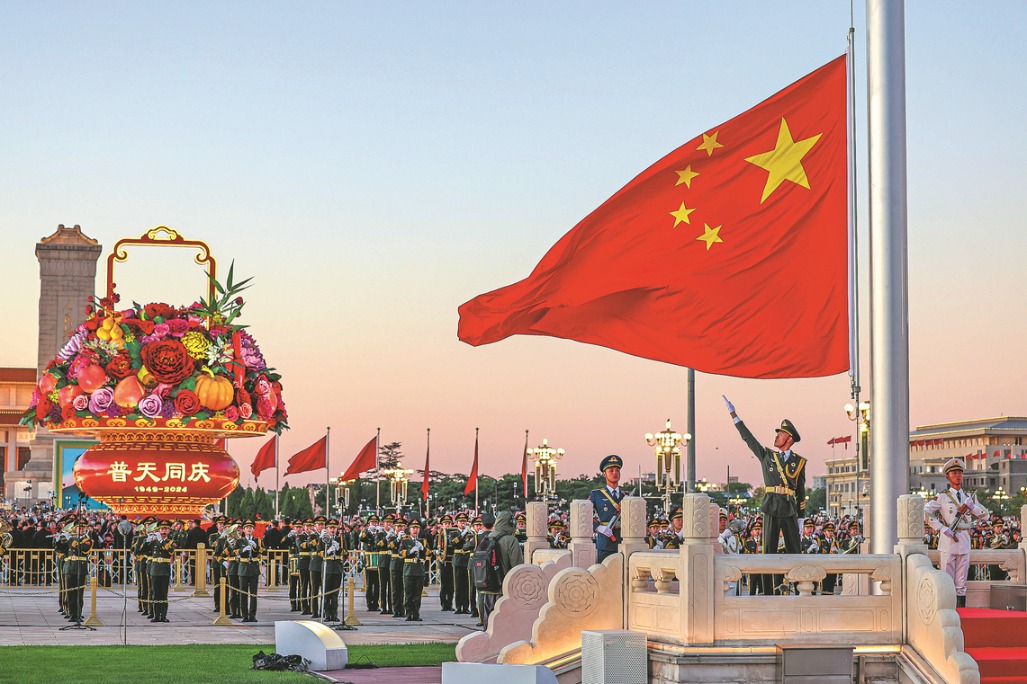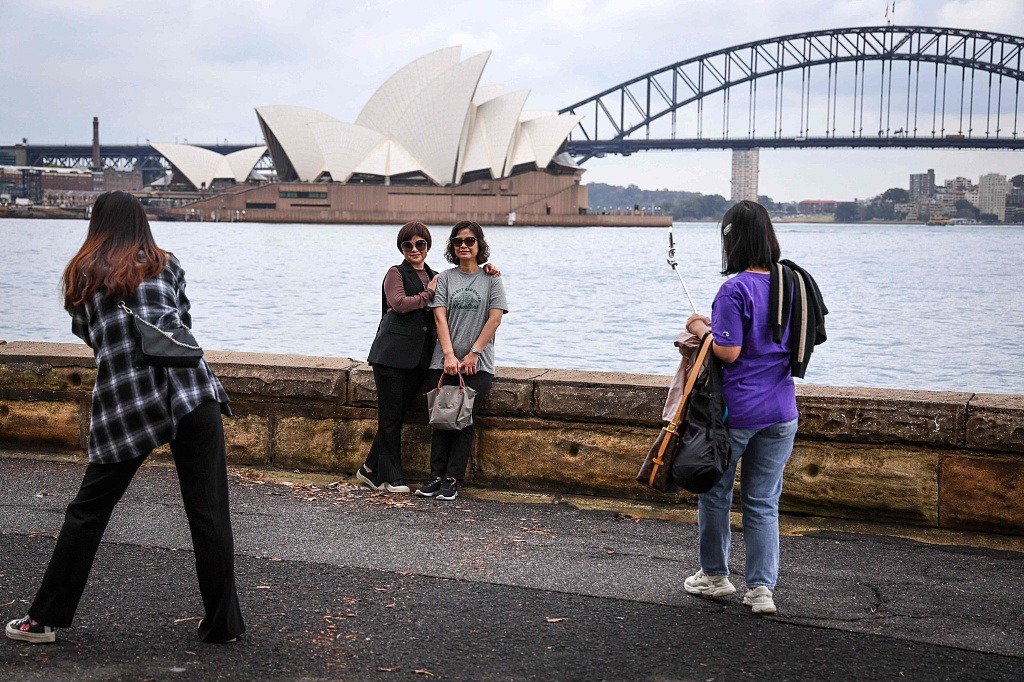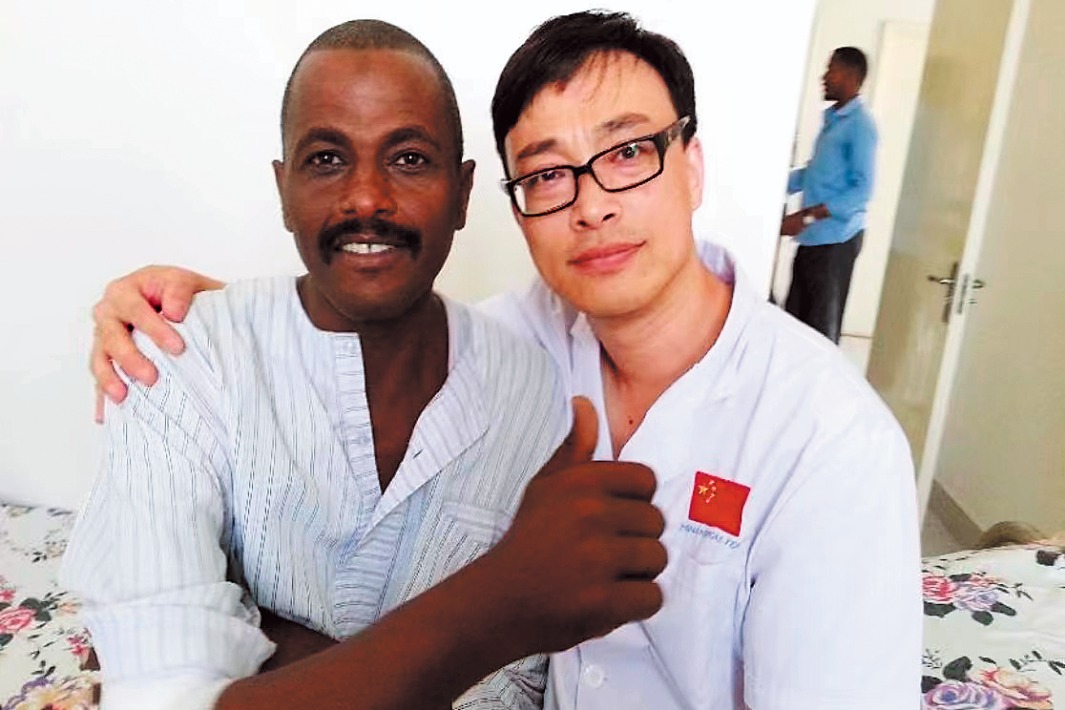US peace activists call for dialogue and understanding with China
By Lia Zhu in San Francisco | China Daily | Updated: 2023-12-29 08:04

At a time when China-United States relations are increasingly defined by narratives of rivalry, a recent visit by US peace activists to China offered a refreshing counterpoint.
Seeking to build bridges of understanding between the two nations, a delegation from the US Peace Council visited China last month at the invitation of the Chinese People's Association for Peace and Disarmament.
They shared their firsthand experience in China at a recent webinar to demonstrate that cooperation, not competition, is the path to a peaceful future.
"What we witnessed was a modernizing China focused on promoting peaceful development of all nations and respect for international law by all states," said Bahman Azad, the organization's president.
This commitment to peaceful development stands in stark contrast to the "China threat" narrative often peddled by the US media and government officials. That narrative "presents China's economic development and its growing diplomatic role in the global affairs as a 'threat' to the United States", said Azad.
"It is our hope that with the information obtained from this visit and closer cooperation with CPAPD, we will be able to help clear the fog of misunderstanding that is being created about China in our country," he said.
For Immanuel Ness, chair of the New York Peace Council and a professor of political science at Brooklyn College of the City University of New York, China's commitment to equity and noninterference resonates deeply.
"The idea of creating equity, not just equity within a country, but equity among countries came across to me as being extremely important," he said. "Peaceful development means noninterference in the internal affairs of countries of the Global South, and the world as a whole. That was one of the important aspects of creating a sense of peace."
He said China's efforts to develop global partnerships and build political trust are key to creating a more peaceful world. "That level of trust is based on openness and inclusiveness, and on the purposes and principles of the United Nations Charter, something that has been abrogated by the West," he added.
Roger Harris, a member of the US Peace Council's Executive Committee and a member of the delegation, highlighted the fundamental divergence in core values between the two nations.
While the US national security doctrine emphasizes "full spectrum dominance", he said he was impressed by China's principles of "independence, common prosperity, and peaceful development".
"The Chinese recognize and celebrate the fact that there's a very high level of integration between China and the US, particularly in economics. They also see that these intertwined relationships are positive and that they result in the mutual benefits of both countries," said Harris.
Ajamu Baraka, another member of the delegation and chair of the coordinating committee of the Black Alliance for Peace, further emphasized the difference in the two nations' diplomatic approaches.
He contrasted China's commitment to building a "community with a shared future for mankind" with the "crisis-oriented zero-sum diplomacy", what he called "characteristic of diplomacy emanating from the West".
China is also committed to pursuing peaceful development based on mutual respect and win-win cooperation and steering the reform of the global governance system under the principle of fairness and justice, said Baraka.
This fundamental divergence in core values underscores the importance of open dialogue and understanding in bridging the divide, he added.
During the visit to China, the delegation members and their Chinese counterparts held "informative, constructive, and productive" discussions, said Azad from the US Peace Council.
At the heart of the agreements reached between the two sides lie people-to-people exchanges. Recognizing the power of direct interaction, both sides pledged to facilitate youth travel and cultural exchanges, allowing citizens to experience each other's realities firsthand.
Joint webinars and seminars are planned, tackling complex topics like the intricacies of US-China relations and broader issues of global peace. By encouraging open dialogue and knowledge sharing, these initiatives aim to dispel the fog of misinformation and mistrust that clouds bilateral relations, said Azad.
- Experts forecast sunny outlook for 2024 Chinese travel market
- Chinese military opposes US act containing claims of 'Chinese military threat'
- US biggest threat to other countries' security: China Daily editorial
- Video call between military chiefs of staff from China, US labeled a success
- Aldi looks to expand presence in China
























